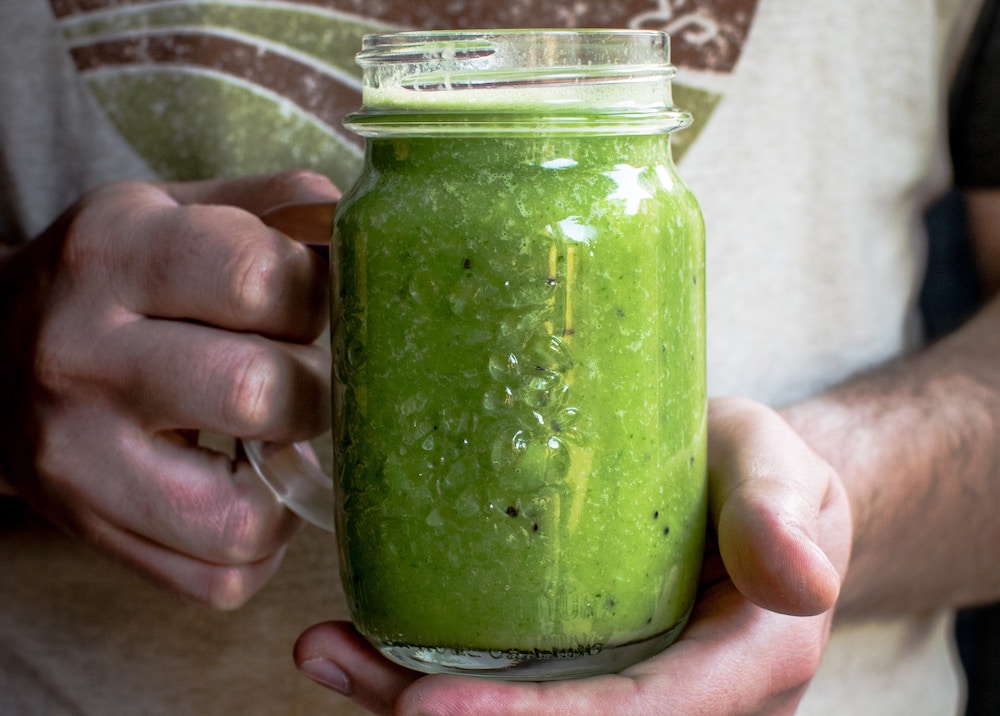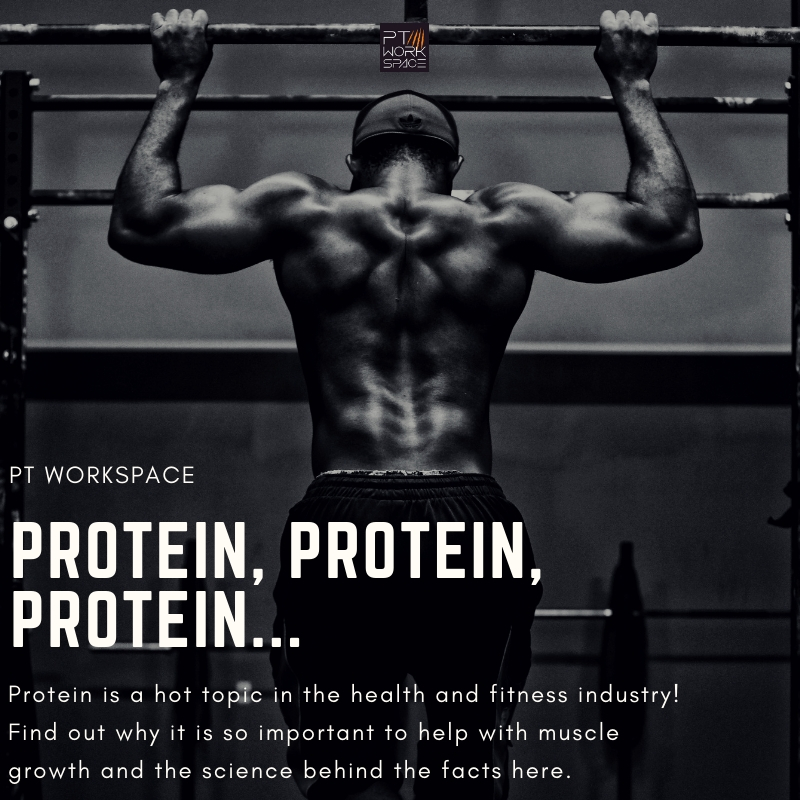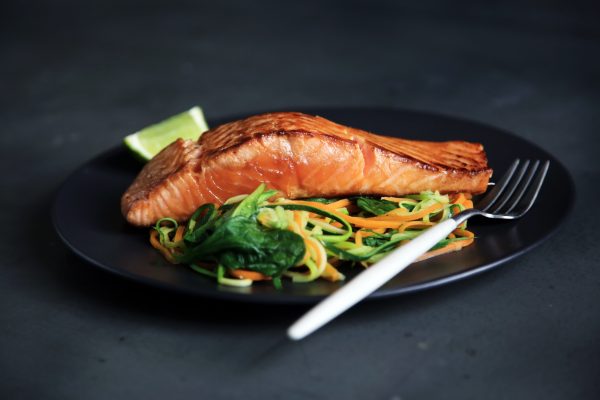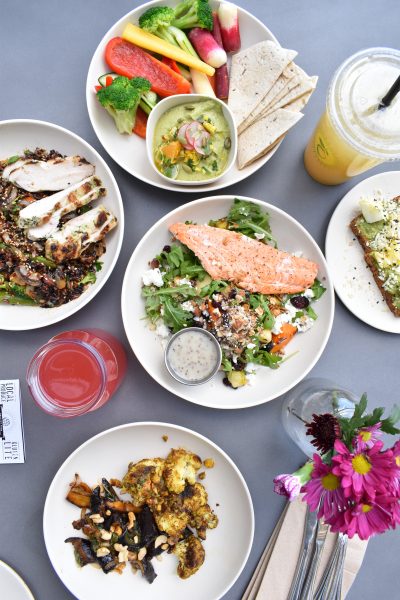Guest Post by Intake Nutrition Okay. I’m going to try and not to get too triggered, I promise. I’m not ‘triggered’ by those who believe these myths. How are you supposed to know?! And believe me, I’m not ashamed to say I’ve fallen victim to a good few of these in the past myself. I am, however, triggered by the fact that this information is still spouted and perpetuated by those who should know better, despite the swathe of research that has continuously disproven, or failed to support, these ideas. In the interest of keeping this to blog-post length rather than dissertation length, I’ve picked my top 5 most infuriating myths to debunk. Or we’ll be here all day. So, let us begin… |

- ‘Carbs make you fat’. As does eating fat or eating after 6pm, apparently.
Really? What we know is the law of thermodynamics. This gives us energy balance and says:
- If you are consuming more energy (eg. calories through food and drink) than you are expending, you will gain weight.
- Equally, if you are consuming less than you are expending, you will lose weight.
- And if you are consuming just as much as you are expending, you will maintain weight.
The only thing that will make you gain weight is consuming too many calories. I’m not talking about acute fluctuations in scale weight – there are a number of reasons for that. I’m talking about weight gain through increased energy storage in adipose (fat) tissue.
The ONLY reason for that is too many calories. It’s not because you’re eating carbs. Or fats. Or after 6pm. Or 3 large meals rather than 6 small meals.
If any of these factors lead to an increase in your caloric intake and put you into an energy surplus then sure, but you see my point.

2. ‘Being vegetarian/vegan is better for your health’
Well this is a weird one but essentially, no.
There is associational data that finds vegetarians to be ‘healthier’ but can we definitely say this is due to the fact that they are not eating meat? Correlation =/= causation people.
Vegetarians and vegans are often more health-seeking individuals who lead generally ‘healthier’ lives, something that is not often accounted for within the research on this topic.
We seem to have gone from a world where everyone was suggesting that you HAD to eat meat to be healthy (wrong), all the way to one in which a solely plant-based diet is now the only way to achieve physical health (also wrong).
The recent Netflix document, ‘The Gamechangers’, is a prime example of this but the fact of the matter is that yes, you can be healthy and perform well without eating meat, but the natural conclusion is not then that eating meat is unhealthy.
Can we get a bit of balance please people?

3. Celery juice and its magical healing properties
Okay please no.
Firstly, anything that claims to have magical healing properties is something to be approached with caution. If only it was that easy.
Most importantly, however, these magical claims are not evidence-based and are ultimately disempowering to people who are desperately looking for answers, particularly when managing chronic illnesses.
So just eat your veggies and save yourself the trauma of having to down a glass of celery juice every morning.

4. ‘Sugar is as addictive as cocaine’
Okay so, imagine this: You’re up in the club. You’re having a great time. Someone offers you a drink. NO BISH GIMME THAT SUGAR. Now you’re being dragged out of the club, with white powder all over you and gummy bears coming out of your ears, the shame sets in… but at least you got your fix, amirite?
But seriously though.
This idea originated in a study performed on rats. Putting aside the fact that you can’t draw direct conclusions for practical human application from animal studies, the ‘addictive’ nature of sugar has since been refuted.
“There is no support from the human literature for the hypothesis that sucrose may be physically addictive” – Benton (2010)
Added sugars can increase food palatability making these foods easier to over-consume and weight loss harder, but that is not the same thing.

5. ‘Yeah but, Starvation Mode’
Ooh this one will get ya. I must admit I got caught by this one.
The idea here is that, if you eat too little, your body will notice this and go into ‘starvation mode’, causing you to store everything you eat as fat.
The Minnesota semi-starvation study by Ancel Keys in 1945 showed us what really happens when the body is pushed into a state of starvation, and it wasn’t that. The law of thermodynamics will always apply and, if you are in a calorie deficit, you will lose weight.
What is often confused is a process called adaptive thermogenesis. This is a process that can occur after prolonged periods of dieting. Essentially your body starts to adapt to the lower energy intake and, alongside some hormonal changes that can increase hunger and decrease satiety levels, it starts to become more ‘efficient’. This is mostly seen through a reduction in NEAT (Non-Exercise Activity Thermogenesis – your conscious and subconscious daily activity) and EEE (Exercise Energy Expenditure). You might start sitting instead of standing, fidgeting less, feeling too tired to go to the gym and even using less facial expressions. All of which is your body trying to conserve energy.
Adaptive thermogenesis can make prolonged dieting harder because it reduces your energy expenditure, but it does not negate the idea of calories in vs. calories out.
Now, I really could continue all day but I’ll save you the trouble of seeing me type myself into a full-blown fury.
Again, my fury is at those who actively decide to ignore the research and disempower so many people with these claims. This sort of food fear plagued me for years and made my life so much harder than it needed to be but now, hopefully, that won’t happen to you.
So if any of you have fallen victim to any of these myths, do not worry yourself. I’ve been there. I get it. You’re most certainly not alone.
But now you know and you can go forth, ignore the bullsh*t and ENJOY your nutrition without any of these fears weighing you down.
Because you’re doing great.
Much Love,
Intake Nutrition x
Intake Nutrition is a London-based nutrition consultancy, founded by MNU Certified Nutritionist Florence Seabright, specialising in evidence-based nutrition advice for individuals and within its workplace wellness programmes.
Follow Intake Nutrition: https://www.instagram.com/intake_nutrition_/
Get in touch with Intake Nutrition for more support with your personal nutrition, or advice on workplace wellness: https://intakenutritionconsultancy.com/contact-a-nutritionist/
What is Protein?
Protein makes up all the cells in your body and is vital to repairing and making cells for survival. It is important for fueling growth through youth, adolescence and pregnancy. The main component of protein is Amino acids, essential Amino acids must consume through our diet and non-essential is readily produced in our bodies. Protein helps increase lean muscle mass and aids recovery when coupled with training, there should be massive importance placed on protein intake to transform your body. The bodybuilding industry has played a large role in bring the effects of protein to the forefront and much research has supported the intake of protein with links to lean muscle growth.
How Much Protein?
Before we continue any further we want to make a valid point that if you are training to lose fat and improve your shape, then this area of muscle growth will play a massive part in transforming your body so read carefully. It is recognised that for every pound of body weight it is advisable to consume a gram of protein. Making sure your body is fueled with protein will often enhance the anabolic effects of growth within the body when training. The suggested amount of protein for muscle growth can be higher in competitive athletes which may consume far more to maximise growth potential. Protein intake in the morning after a long time spent without intake and post workout due to the body’s need to repair (within 30 mins) has shown to best support muscle growth.
This coupled with consistent intake throughout the day and with small meals will make for a sure recipe for success. We advocate preparing meals and finding a protein source through food alone, but protein shakes can be advisable for those needing higher levels of protein intake for example, large males or advanced bodybuilders and athletes as most people should find sufficient grams of protein throughout diet.
Some research will support whey protein supplements for post workout due to the fast digestion of the protein to start the process of recovery therefore faster fueling of your body for growth. A rule of thumb is to make sure protein intake is sufficient before looking to supplements .
Cutting and Bulking
When losing weight (deficit) protein intake must be consistent for maintaining the lean muscle tissue which gives men and women their nice figure, and will promote utilising fat over muscle. It is documented that managing a calorie deficit or surplus will dictate the outcome of a transformation, and supported with high protein diet will have benefits for muscle growth. Many men who have read articles supporting bodybuilding will use the terms” Cutting and Bulking” which also refers to a deficit and surplus.
We would advise all men and women looking to increase their percentage of muscle to go through a deficit when transforming their body unless they have low body fat already (near 10%) as they may find adequate results in muscle growth especially if they have not trained with resistance before implementing a surplus to maximise growth potential.
Foods to eat which are high in protein:
- Meats
- Fish
- Eggs
- Soy
- Beans
- Grains and Nuts
Please take notice of lean sources of protein such as chicken and Turkey over rival red meat sources, if trying to keep calorie intake low. Some research supports removing egg yolks to reduce cholesterol and calories if using them as a source of protein more than 4 times a week.
If when planning your diet make calculations of your BMR and activities levels partnered them with balanced meals to reach your calorie targets for either working within a Deficit or Surplus. Always trying to keep you protein intake high and carefully choosing when to eat your carbohydrates and fats to benefit energy levels.
Thanks for Reading
PT Workspace Team
P.S If you are interested in finding out about personal training or studio hire at PT Workspace you can contact [email protected]. In addition why not take a look at some of the personal trainers who already work with us here.




